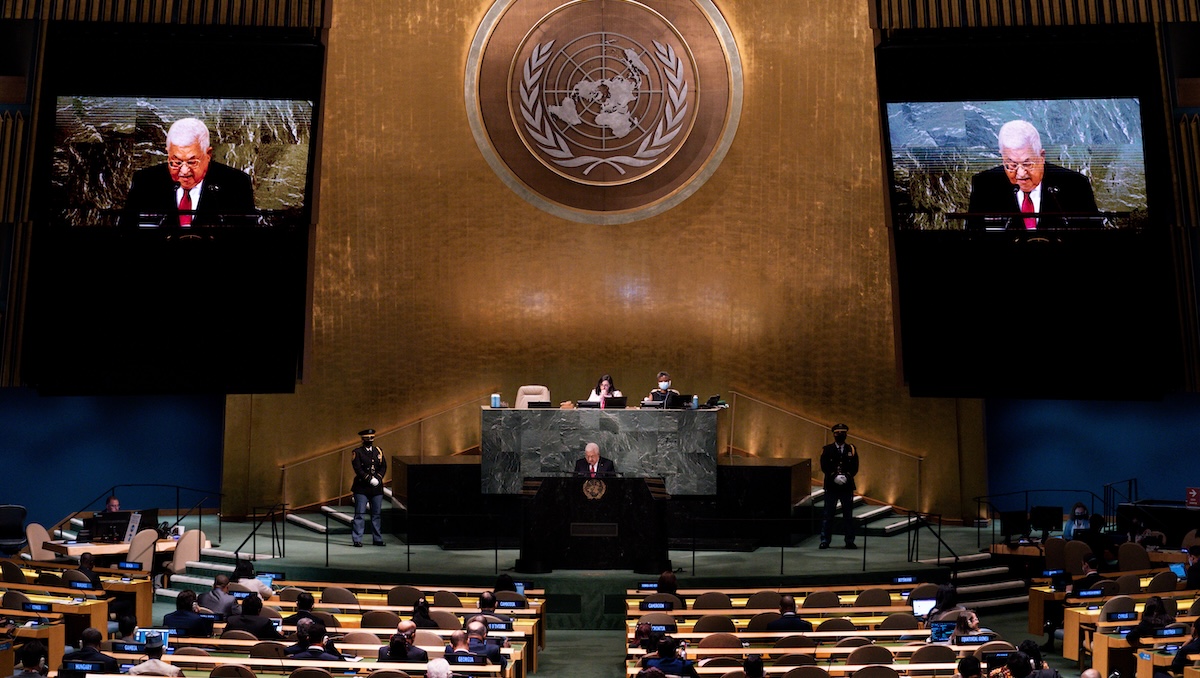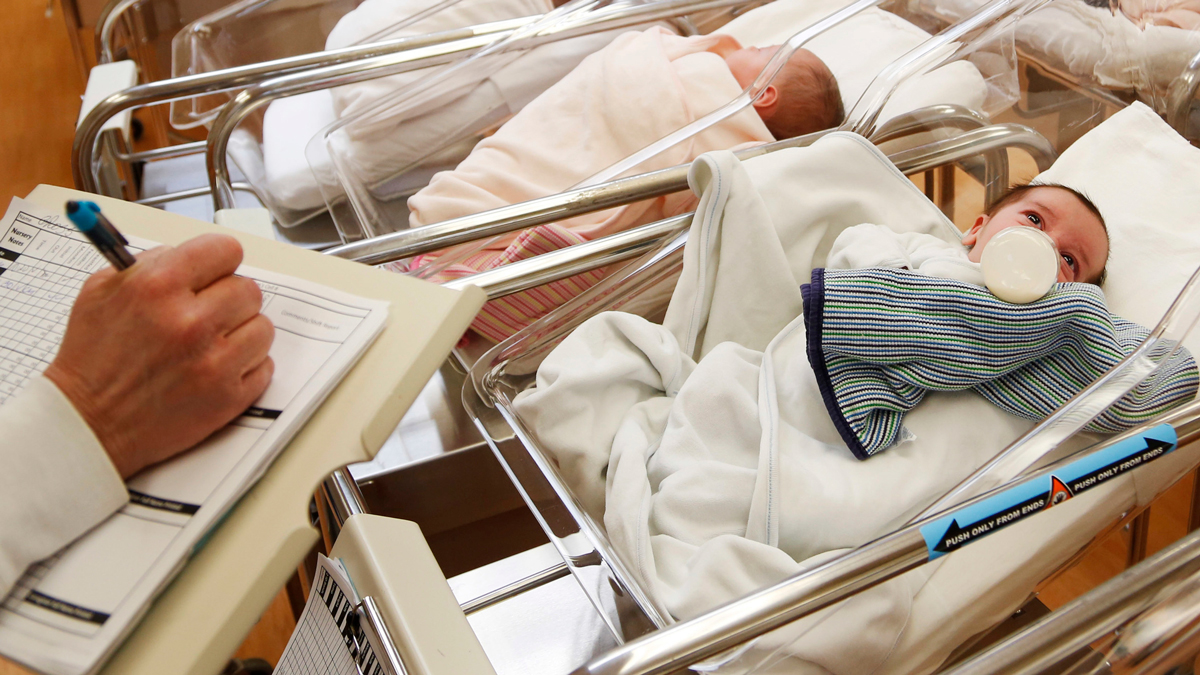Maui County released audio of 911 calls from a deadly August wildfire on Thursday in response to a public record request from The Associated Press.
The 911 audio adds another layer to what is known about the deadliest U.S. wildfire in more than a century, illustrating some of the chaos and fear that residents and their loved ones experienced as they tried to reach safety.
Maui County released the first batch of audio, which spans a two-hour window between 3:30 p.m. and 5:30 p.m. as the fire was rapidly spreading through Lahaina.
At least 98 people died in the Aug. 8 fire and more than 2,000 structures were destroyed, most of them homes.
Get Boston local news, weather forecasts, lifestyle and entertainment stories to your inbox. Sign up for NBC Boston’s newsletters.
High winds from a hurricane passing well south of the island wreaked havoc the night and early morning hours before the fire, knocking down power lines and damaging buildings around Lahaina. One downed power line sparked a fire in dry grass near a Lahaina subdivision around 6:30 a.m.
Firefighters declared it fully contained a few hours later, but the flames rekindled some time between 2 p.m. and 3 p.m. and soon overtook the town.
U.S. & World
In the calls, frantic residents can be heard reporting fires near their homes, including one in a big, vacant lot, and asking dispatchers for help as they tried to evacuate but got stuck in gridlocked traffic.
In one of the clips, a woman living at a group senior residence called Hale Mahaolu Eono called to ask for help as the fire burned close to the home. She was one of four people left at the facility without any cars, she told the dispatcher, as the flames pushed closer.
“There’s a fire like, you know, close to us. Are we supposed to get evacuated?” she asked the dispatcher, panic clear in her voice.
“OK ma’am, if you feel unsafe, listen to yourself and evacuate,” she said. No emergency vehicles were available to help, the dispatcher said, because all available units were fighting the fire.
As cinders rained around her, she tried to flag down people driving past to get a ride out while staying on the line with the dispatcher.
One car stopped but wouldn’t wait while she tried to get her things. She eventually was able to flag down another passing woman. It wasn’t clear from the call what happened to the remaining people at the residence.
At least two people died at the senior home, authorities would later learn.
In another call to 911 just after 3:30 p.m., the caller asked whether it was safe to evacuate from Lahaina after seeing “fire in our backyard.” The dispatcher answered in the affirmative, saying “if you feel like that’s what you need to do, then yes.”
By 3 p.m., many had lost cellphone service, leaving them without a way to call for help. Power was also out across West Maui, rendering emergency warnings on social media or television stations largely futile. The island’s emergency siren system — another way authorities can communicate urgency in a time of danger — was never activated.
For some, emergency dispatchers were their only contact with the world beyond the burning town. Later even that connection was lost.
Just after midnight on Aug. 9, Maui County announced on Facebook that the 911 system was down in West Maui. Instead, the county wrote, people should call the Lahaina Police Department directly, apparently meaning the Maui Police station in Lahaina.
But 911 was still working the previous afternoon, as people in Lahaina raced to escape the flames. Traffic jams blocked some routes out of town. Downed power lines, fire, trees and in some cases police and utility vehicles blocked others.
Many drivers became trapped on Front Street, surrounded on three sides by black smoke and a wall of flames. They had moments to choose whether to stay or jump into the wind-whipped ocean as cars exploded and burning debris fell around them.
More than two months after the fire, Lahaina remains a disaster zone, but officials continue to urge tourists to respectfully return to other parts of the island to help keep the economy afloat.



